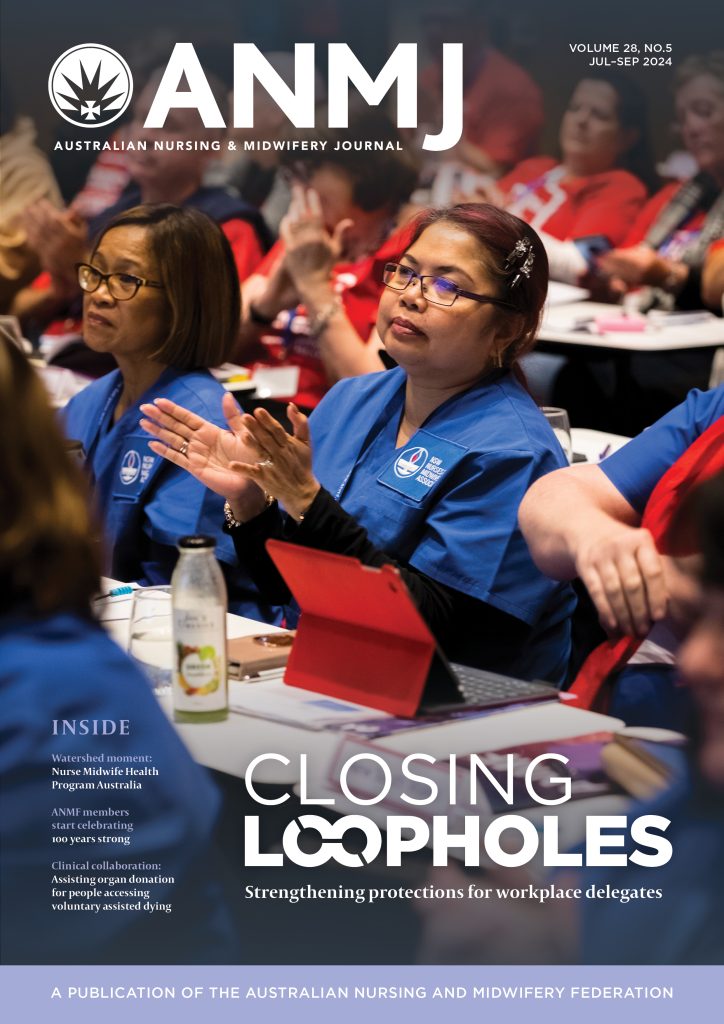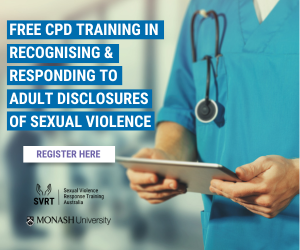The human spirit is stronger than anything that can happen to it. – C.C. Scott
Hospitals are designed to care for the sick. Our therapies, medications and instruments are designed to treat our physical ailments. But what about the wounded spirit that often accompanies the physical ailments? That patient can no longer stand tall because life has crushed her and made her small.
Nurses are trained to heal the physical wounds of our patients. Our training teaches us the physiology of illness and injuries and we apply this knowledge to treat and provide pain relief.
But what makes a nurse is more than our ability to treat a physical injury or illness. It is our ability to use empathy to heal the spirit. (When I use the word spirit, this is not the religious connotation, but our life force that gives us the will to live, love and endure).
But sometimes that spirit can be broken – either through illness, pain, or mental health issues.
Hospitals are loud, busy, confusing places for patients. Patients are often broken physically but are also likely to be scared, traumatised, embarrassed, exhausted and confused. This downcast spirit will be hidden from view and the broken body will take priority.
Back in my day as a student nurse, I learnt a valuable lesson on a broken spirit and how it can be mended. I was working on a medical rehab ward and in a two bedroom were two women – Ms Smith and Ms Bird (not their real names). Both were in their 70s and had suffered strokes with similar disability.
Ms Smith had a strong spirit and wanted to recover. She participated in her rehab program with a fire in her belly and wanted to reach her maximum potential.
Ms Bird, however, lacked that passion, was uninterested in her rehab program and made little eye contact. Her spirit was shattered; she looked and acted defeated. Yet, Ms Bird ended up going home with only minor disability from her stroke.
What changed Ms Bird’s outcome? It was Ms Smith, who understood the dispirited Ms Bird. She encouraged, motivated, cajoled, and made her see that despite physical ailments, she had a worthwhile life ahead.
What I learned is that there is more to recovery than healing a physical wound and that empathy is one of the most important skills I needed to develop. This wasn’t a skill that came naturally for me, but a hospital is crowded with learning opportunities.
A few years later, an experience with a traumatised child taught me that simple kindness can set a new path. I met this eight-year old young boy who was deeply withdrawn and seldom made eye contact – the victim of parental abuse.
He was playing with some toy cars, so I took the box of Legos and sat on his bed with a smile and said I wanted to build a bridge with him. He looked at me with disinterest but muttered, “okay”.
We built this rather impressive bridge while I chatted with him, served juice, smiled and connected with that child-like innocence. By the end of our build, he was flickering a smile, making eye contact and chatting about our big bridge build.
For several days after this, he was engaging more with others.
I’m not claiming that I healed his broken heart, but through simple acts of kindness and engagement, opened another door where he could trust in a more benevolent world.
As nurses, we need to look beyond the physical symptoms and injuries and peer into a person’s heart. Not all have the skill to contend with broken souls, but even simple gestures can have an enormous effect on a person’s psyche.
We use our knowledge to mend our patients’ bodies. But there is also an important role to tend the trauma of the spirit. Our healing hands and compassionate words can help those patients to trust the world again and realise that life is worth living.
Reach out to those patients whose inner fire has dwindled. Don’t be afraid to smile and reassure them with a gentle hand on their forehead. These are often as healing as medications, splints or injections.









2 Responses
I often say that we have lost the art of Nursing. With the emphasis from Government to have good patient flow, we have lost the time to know our patients, to listen and to hear them. To acknowledge their pain, loss and suffering.
In the production line of ensuring patients in ED are off the stretcher and in a ward by a certain time frame means the patient in the ward receives none of the above. Unfortunately.
I totally agree with Debra. The patient no longer seems to exist. Treat their illness/injury and shunt them out the first door. Underlying factors can be checked later but that never happens. Hospitals are now very noisy and busy. People everywhere medical staff cleaning staff visitors constantly. No one including the patient get to reflect what is happening. Staff don’t even know who they are working with. Patients don’t get a chance to trust anyone